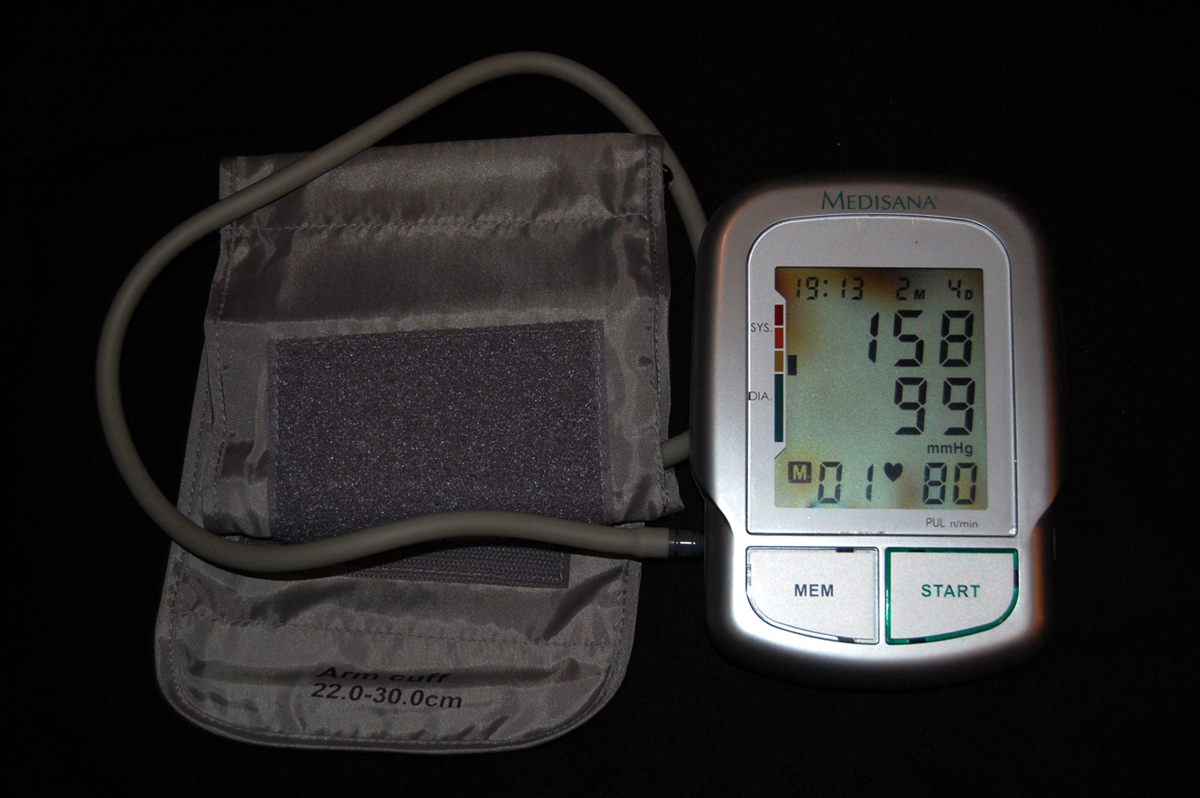
Blood pressure level above 140/90 mm Hg is considered as ‘high’, and that chronic condition is known as hypertension. The higher number presents systolic and the bottom number is diastolic pressure.
This illness is also called “the silent killer”, for it may remain undiagnosed and untreated for a long time, compromising your health. People with hypertension are at risk of having heart disease and other medicalproblems.
Most of the cases of high blood pressure, about 90-95%, do not have a diagnosed medical cause and those cases are called primary or essential hypertension. Other cases, when the illness has a certain identified reason for high blood pressure are referred to as secondary hypertension. Possible causes are problems with kidneys, arteries, heart or endocrine system.
Malignant hypertension is a severe condition when the blood pressure rises above 210/120 mm Hg, and when untreated malignant hypertension is life threatening.
Hypertension may be unnoticed, without any apparent symptoms, but the most common symptoms are chronic headaches that last for days, tiredness, dizziness, double vision, nausea, shortness of breath, heart problems, face redness, nosebleed, need to urinate often at night and ringing in the ears.
Hypertension is the risk factor for serious heart problems, such as heart attacks, heart failure or arterial aneurysm; it could leads to strokes and cause kidney failure. High blood pressure is proven to shorten your life.
Secondary hypertension may be caused by kidney dysfunctions or by hormone disorders. Hypertension with the “Buffalo hump”, purple marks on the stomach and diabetes may be the signs of Cushing's syndrome. Excess production of the thyroid gland (hyperthyroidism), growth hormone, or aldosteron are the possible causes of secondary hypertension. Kidney abnormalities, heart defects, some medications (contraceptive pills, cold remedies, OTC (over the counter) pain medications and cocaine and amphetamines may also cause secondary hypertension.
If you don’t’ have symptoms of hypertension, you don’t need to visit your doctor to check the blood pressure. Next time you see your doctor you’d probably have the blood pressure checked, as a routine check at doctor's.
The therapy for this condition includes changes in your lifestyle and food habits. Doctors recommend unsalted food, more exercise and less stress. If this alone doesn’t work then the doctor would recommend some medications to control your blood pressure. The group of medications used to treat hypertension are thiazide diuretics, beta blockers, ACE inhibitors, calcium channel blockers or renin inhibitors. Sometimes, the doctor would prescribe angiotensin II receptor blockers, alpha blockers or vasodilaltators. Combination of these drugs is a possible solution for the treatment of hypertension.


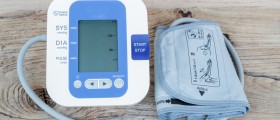
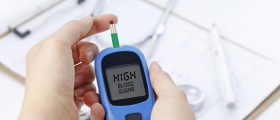
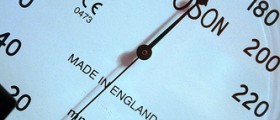
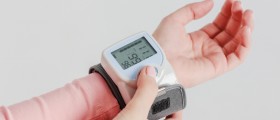
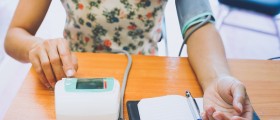
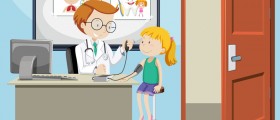
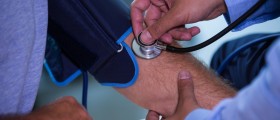
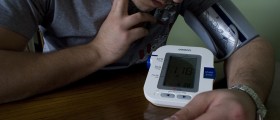
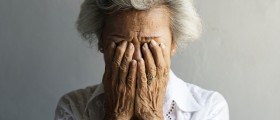
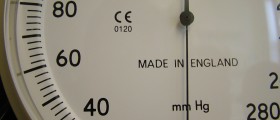
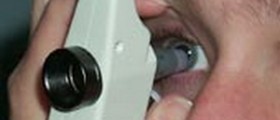
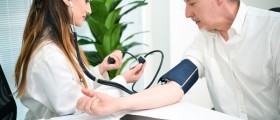
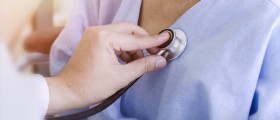


Your thoughts on this
Loading...